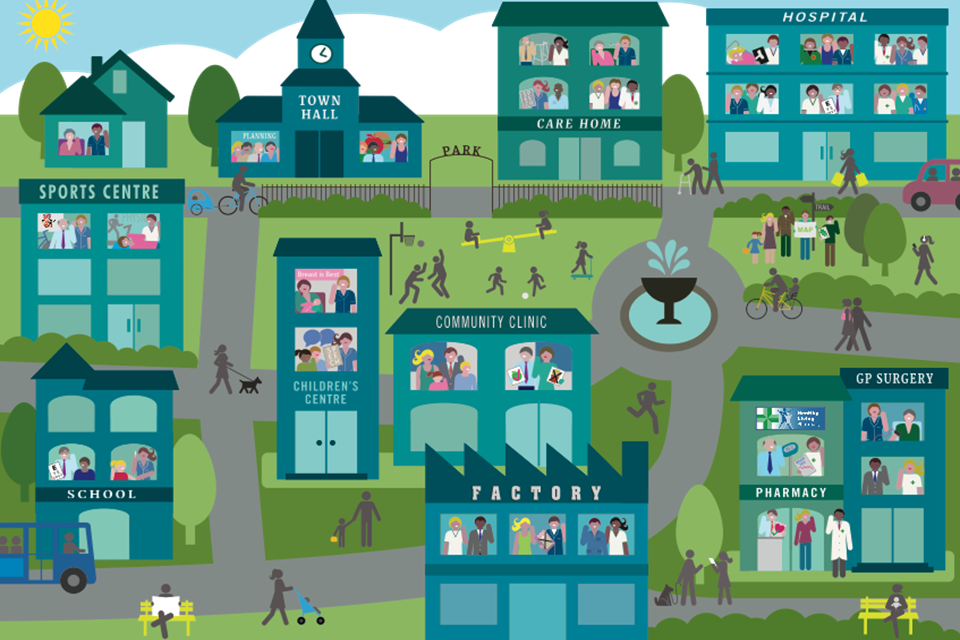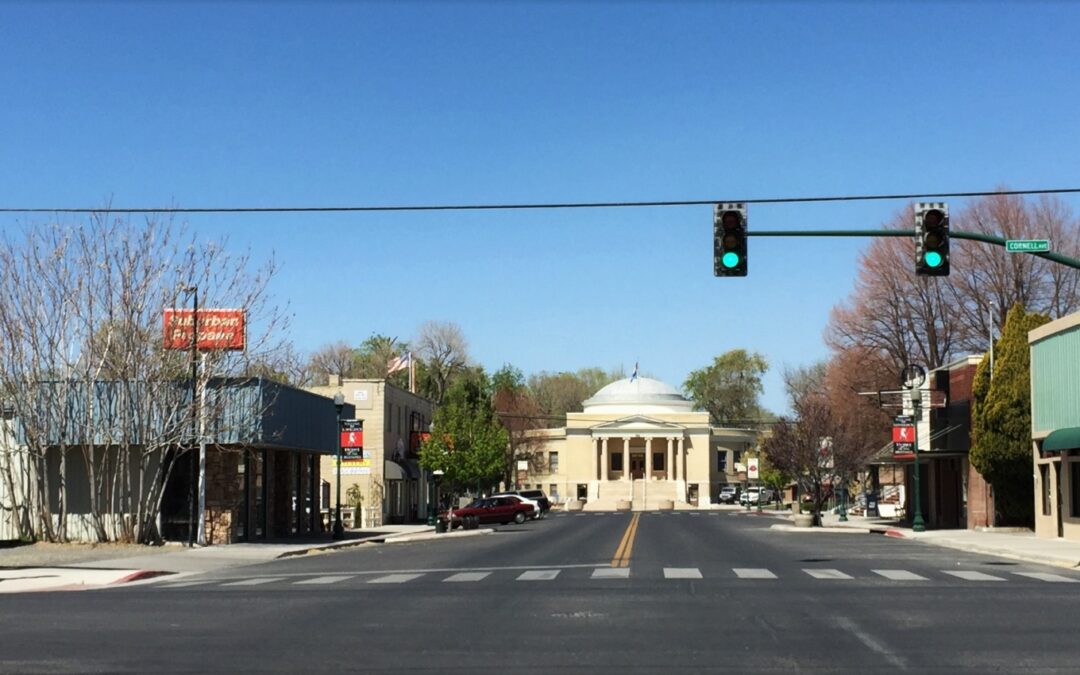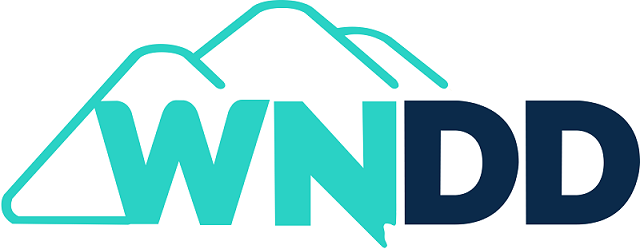
by JMadmin | Jan 27, 2021 | CARES Act, Coronavirus, Economic Development, News
The U.S. Department of Agriculture (USDA) is hosting two webinars next month that will share the latest information on two grant programs; the Community Facilities Technical Assistance and Training (CF TAT) program and the Rural Community Development Initiative...

by JMadmin | Jan 14, 2021 | CARES Act, Coronavirus, COVID-19, Economic Development, News
It’s time to Rebuild our Region Greetings Fellow Nevadans, Happy New Year! We’re proud to share the January 2021 edition of the Western Nevada Development District’s Economic Recovery Update. This newsletter is part of WNDD’s effort to identify and develop...

by JMadmin | Dec 30, 2020 | CARES Act, Coronavirus, COVID-19, Economic Development, News
Congress has passed a $2.3 trillion omnibus spending bill… The bill includes approximately $900 billion in economic stimulus for COVID-19 Relief and several relief provisions, authorizing matters and appropriations to provide aid to small businesses and communities...

by JMadmin | Nov 22, 2020 | CARES Act, Coronavirus, COVID-19, Economic Development, News
Building the Bridge to Resiliency and Recovery Greetings Fellow Nevadans, On behalf of the Western Nevada Development District (WNDD) Board of Directors, I am proud to announce the first edition of the WNDD’s Economic Recovery Report. This monthly newsletter is part...

by JMadmin | Oct 28, 2020 | CARES Act, Coronavirus, News, Uncategorized
There’s still time to participate the in the next round of the Rural Relief Small Business Grants program presented by the Local Initiatives Support Corporation and supported by Lowe’s. Before you apply, please note: Only small businesses located in rural communities...
by JMadmin | Sep 10, 2020 | Coronavirus, Economic Development, Industry, News
A virtual discussion on the region’s Economic Challenges and Opportunities! Tahoe Rising is a three-part virtual event to catalyze change and take action for the benefit of Lake Tahoe’s regional community and economy. Join the Tahoe Prosperity Center as it presents...






